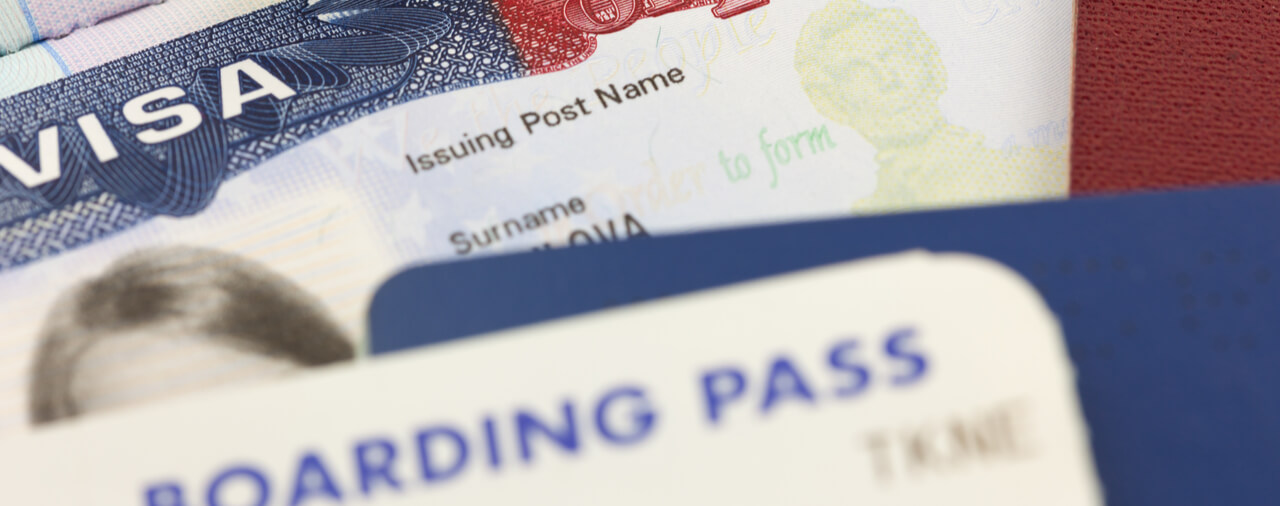Travel Visas
International visitors are welcomed in the USA as they are very beneficial to this country’s economy, cultural standing and prestige, educational development and many other aspects of life. As a general rule U.S. Government maintains open door policy regardless of the political party in power. At the same time, and especially so after the tragedy of September the 11th, 2001, national security has become paramount making striking the balance between the open door policy and national security into a constant daily struggle for this country, its Government and People.
